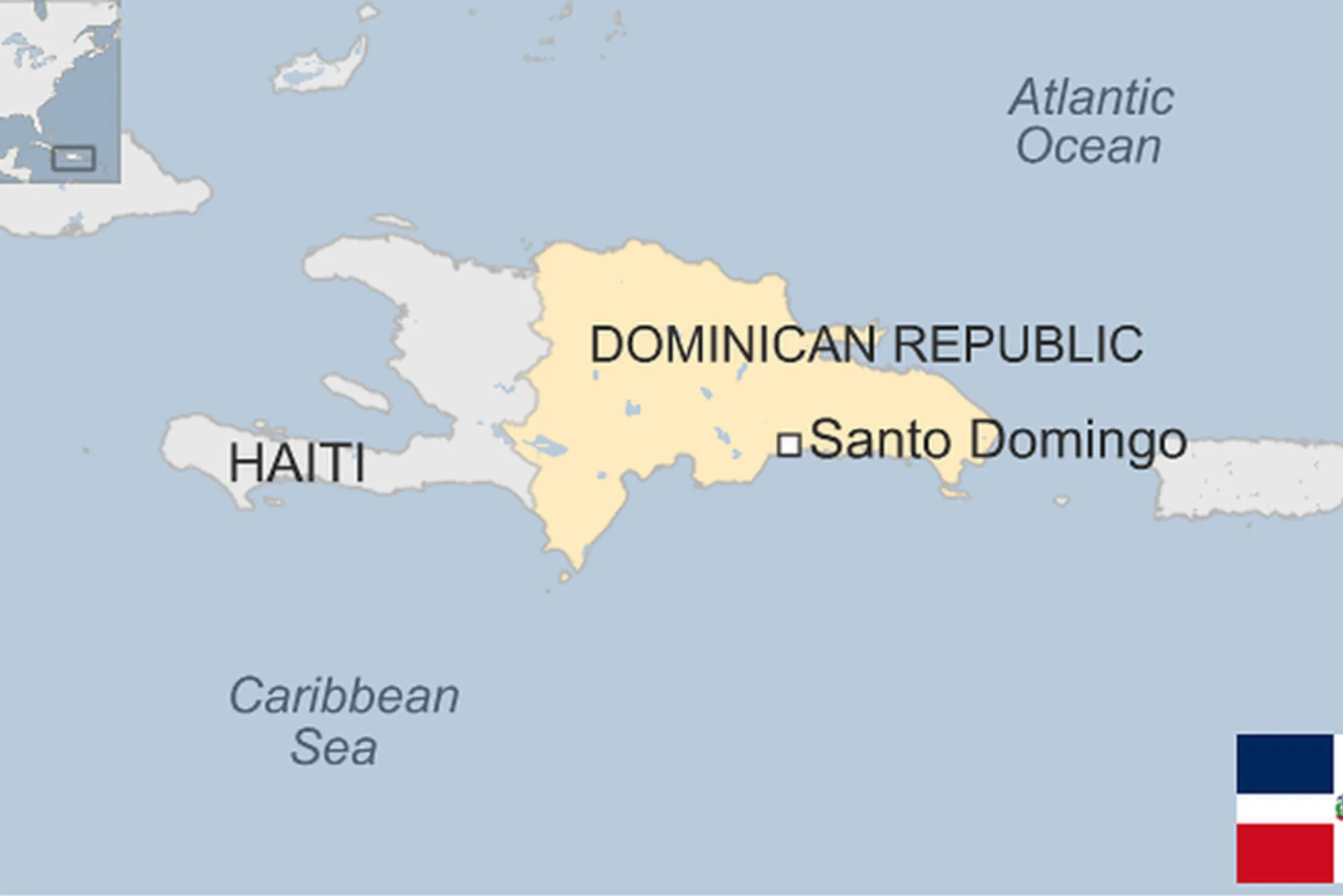The term “Dominican” carries significant religious and cultural meaning, often associated with the Dominican Order, a prominent Catholic religious order. Understanding where the word “Dominican” comes from involves exploring its linguistic roots, historical context, and its various uses in religious and secular settings. This article delves into the origin of the word “Dominican,” its connection to Saint Dominic, and how it has evolved in different parts of the world.
Etymology of the Word “Dominican”

The word “Dominican” is derived from the Latin word Dominicus, which means “of the Lord” or “belonging to the Lord.” The term reflects the religious significance of the Dominican Order, which was founded by Saint Dominic in the early 13th century.
The word Dominicus itself comes from the Latin dominus, meaning “lord” or “master,” signifying a connection to God or the divine. This Latin root is crucial in understanding the spiritual and religious foundation of the word “Dominican.”
The word “Dominican” thus signifies a person or thing that belongs to or is associated with the Lord, specifically in the context of the Dominican Order. This connection to the divine is central to the identity of the order, which is focused on preaching, teaching, and spreading the message of the Christian faith.
The Role of Saint Dominic in the Origin of the Term
Saint Dominic, a Spanish priest born in the late 12th century, is the key figure behind the term “Dominican.” In 1216, he founded the Order of Preachers, commonly known as the Dominican Order. The order’s mission was to combat heresy, promote theological education, and preach the Gospel throughout Europe and beyond.
Saint Dominic’s commitment to preaching and spreading the Christian faith led to the creation of an order that would carry his name. Members of the order became known as “Dominicans,” reflecting their association with Saint Dominic and his religious mission. The word “Dominican” thus became synonymous with the order’s spiritual mission and its members’ dedication to religious education and outreach.
Saint Dominic’s influence on the term is profound, as the Dominican Order became one of the most influential Catholic religious orders in history. The order’s members have played a significant role in shaping theological thought, establishing educational institutions, and spreading Christianity across the globe.
The Dominican Order and Its Global Impact
The Dominican Order, founded by Saint Dominic, quickly spread across Europe and later to other parts of the world. Its members, known as Dominicans, were instrumental in the establishment of universities, schools, and churches. The order’s emphasis on education and preaching made it one of the most influential religious movements of the Middle Ages and the Renaissance.
As the Dominican Order expanded, the term “Dominican” began to be used in various contexts. In addition to referring to the religious order, it also became associated with the regions and people influenced by the order’s work. The term “Dominican” is now used to describe people from the Dominican Republic, a country in the Caribbean, and the Dominican diaspora around the world.
The global reach of the Dominican Order and its lasting impact on education, theology, and missionary work helped cement the word “Dominican” as a term with significant religious and cultural meaning. From its origins in medieval Europe to its modern-day use in various countries, the word “Dominican” has come to symbolize a commitment to faith, education, and social justice.
The Use of “Dominican” in Different Contexts

The word “Dominican” is used in various contexts today, with its meaning shifting depending on the region or cultural setting. One of the most prominent uses of the term is in reference to the Dominican Republic, a country in the Caribbean. The name of the country itself is derived from the word “Dominican,” reflecting the historical influence of the Dominican Order in the region.
In the Dominican Republic, the term “Dominican” is used to describe the people, culture, and heritage of the nation. The country’s Catholic heritage, influenced by the work of Dominican missionaries during the colonial period, plays a significant role in the country’s identity. As a result, the word “Dominican” has a strong cultural and national significance in the Dominican Republic.
Outside of the Dominican Republic, the term “Dominican” is also used to refer to people of Dominican descent living in other countries, particularly in the United States. The Dominican diaspora has contributed significantly to the cultural landscape of many cities, especially in New York, where the Dominican community has become one of the largest Latino groups.
Moreover, the word “Dominican” is still widely used within the Catholic Church to refer to members of the Dominican Order, both clergy and laypeople. The order’s global presence continues to influence religious thought, education, and social justice initiatives, making the term “Dominican” an important marker of religious identity and mission.
Variations of the Word “Dominican”
The term “Dominican” has evolved over time and varies in its usage depending on language and culture. In English, “Dominican” is commonly used to refer to both the religious order and people from the Dominican Republic.
However, in other languages, variations of the term may exist. For example, in Spanish, the term “Dominicano” is used to describe people from the Dominican Republic, while “Dominicano” or “Dominica” can also refer to members of the Dominican Order.
The evolution of the word “Dominican” reflects the broader spread of the Dominican Order and its cultural and religious influence across the globe. In some regions, the word has become more closely associated with national identity, while in others, it continues to retain its religious connotations. This variation highlights the adaptability and enduring relevance of the term in different cultural and historical contexts.
The word “Dominican” has a rich and complex history, rooted in the Latin word Dominicus and closely tied to the life and work of Saint Dominic. From its origins in the Dominican Order to its modern-day use in reference to people, places, and religious practices, the term “Dominican” carries deep significance in both religious and cultural contexts.
Whether referring to the Catholic religious order, the people of the Dominican Republic, or the global Dominican diaspora, the word continues to symbolize a commitment to faith, education, and social justice.








